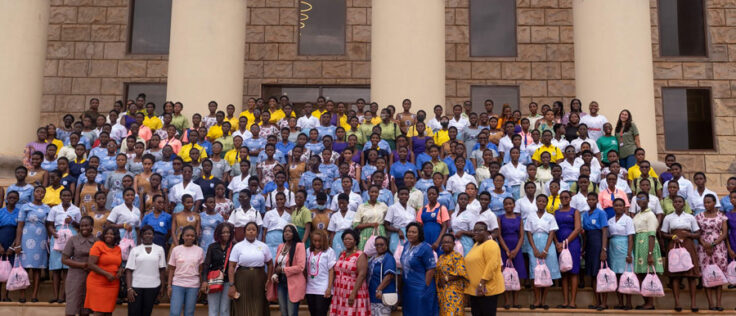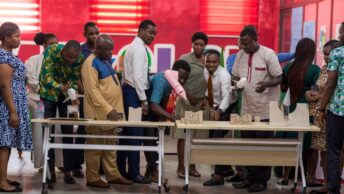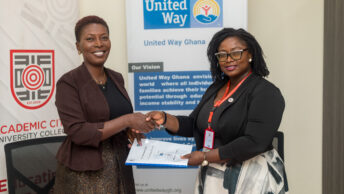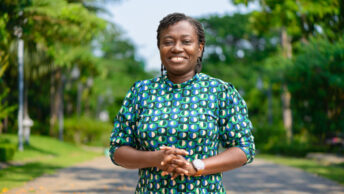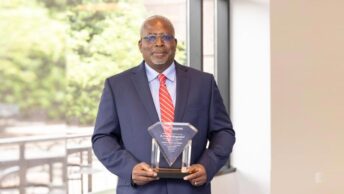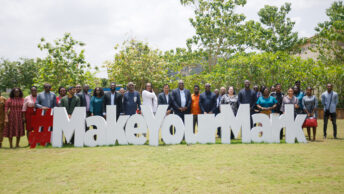In commemoration of World Menstrual Day, Academic City University College has hosted a sensitisation workshop on menstrual hygiene to equip young girls with essential knowledge and promote a supportive environment surrounding menstruation.
The event, themed “It’s Normal. Period,” was organised in collaboration with Sisters in Service, a local non-for-profit organisation and Total Women’s Network. It served as a platform to empower young women with the knowledge, education, and resources necessary to effectively manage their menstrual health.
The event brought together over 180 young female students from various senior high schools across the country. Some of the participating schools included Archbishop Porter Girls, Holy Child, Mfantsiman Girls SHS, Yaa Asantewaa SHS, Kumasi Girls SHS, Aburi Girls SHS, Mampong Presec, Okuapeman Girls SHS, and others.
Menstrual hygiene remains a major global concern, affecting the well-being and empowerment of women and girls. This workshop aligns with the Sustainable Development Goal 5 of the United Nations, which focuses on achieving gender equality and empowering all women and girls.
The event featured expert speakers, including renowned gynecologists, psychologists, and public health professionals specialised in menstrual health. They discussed menstrual hygiene practises, dispelled myths and misconceptions, and responded to queries from participants, fostering an open dialogue and safe environment for discussion.
Shannan Akosua Magee, Director of Admissions at Academic City, stated at the event, “Menstrual health is a crucial aspect of overall health, and it is imperative that young people have access to accurate information and support. Through this workshop, we aimed to break the silence surrounding menstruation and cultivate an environment where young people can manage their menstrual health without stigma or discrimination.”
Menstrual cycle awareness, hygiene practises, menstrual product options, and sustainable menstruation were discussed. Participants were able to engage in open discussions, pose queries, and receive advice from subject matter experts. In addition, the participants were given menstrual products and other hygiene products, such as menstrual closures, disposable pads, reusable pads, toothbrushes, and deodorant.


